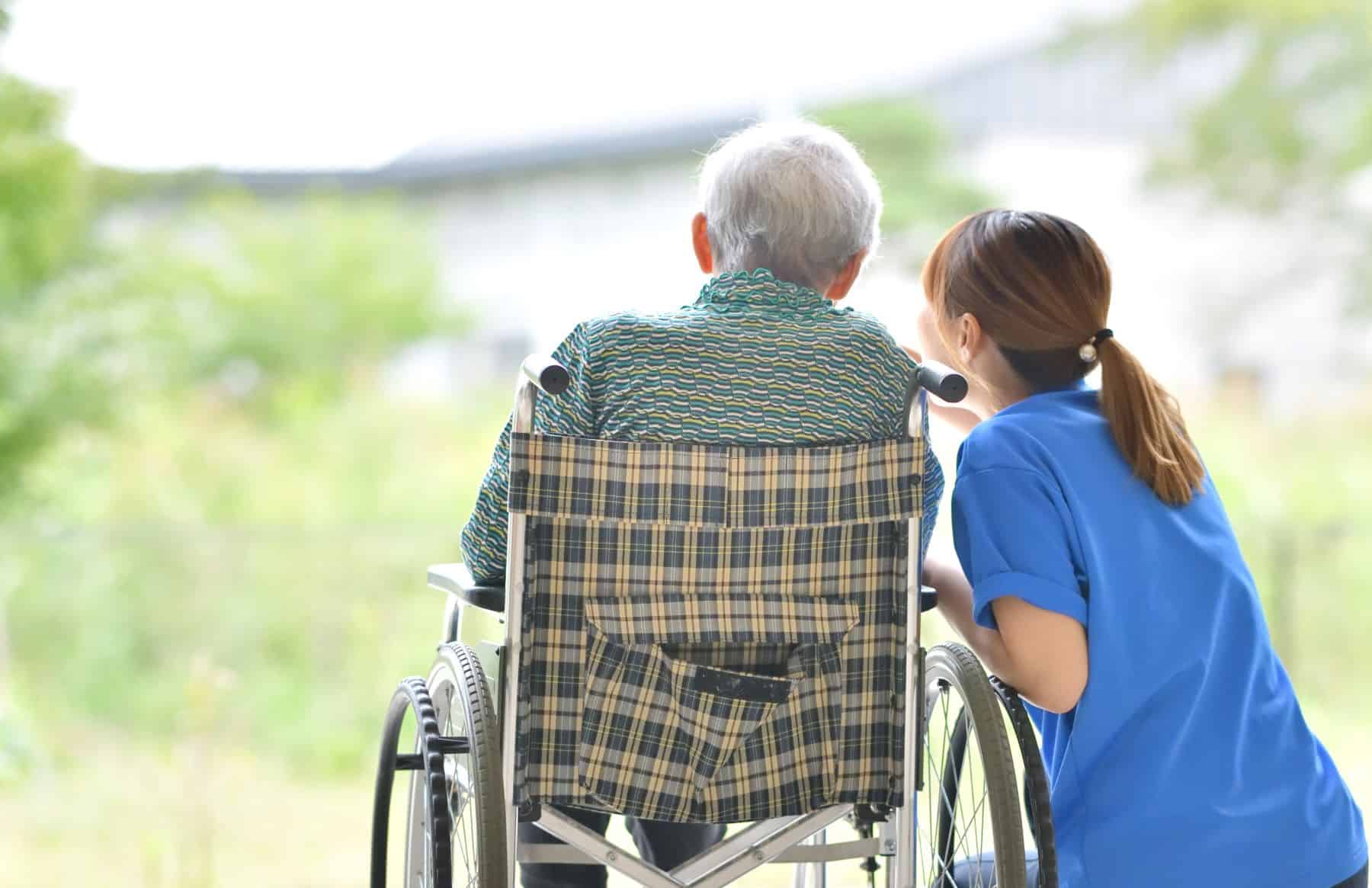As your parents get older, they can’t live independently forever and you’ll likely not always be there for them. Because of this, you’ll need extra help to care for your elderly ones, especially if they’re recovering from surgery or managing a serious illness. With long-term senior care, you’ll appreciate and recognize the benefits the elderly gets. With this type of care, there’s no doubt the elderly can age safely, either at a residential facility or in the comfort of your home.
There are multiple long-term senior care services, and choosing the best depends on your lifestyle, budget, and needs. The process of selecting the best can be overwhelming. However, this shouldn’t worry you because this comprehensive post will take you through different long-term senior care services. You’ll also learn how to find excellent ways to care for your aging loved ones or parents.
- Nursing Homes And Skilled Nursing Facilities
In many cases, nursing homes and skilled nursing facilities are used interchangeably. However, there’s a significant difference between these two, but sometimes a few facilities provide both services.
Ideally, nursing homes are excellent if you want your senior loved one to receive care and supervision 24/7. The distinct difference between nursing homes and skilled nursing facilities is that the former only offer custodial care, including non-medical care and luxury senior living such as eating, grooming, dressing, and bathing. Nursing homes are included in the long-term senior care facilities you should consider if your loved one suffers from cognitive impairments and physical disabilities. They offer personal supervision and care assistance to enhance your well-being and health.
In contrast, skilled nursing facilities are perfect for senior citizens with medical issues that require experienced nursing care daily. If the elderly are sick, they might be admitted for months or multiple weeks to rehabilitate or recover, especially after a severe medical incident that requires medical supervision. A skilled nursing facility will offer speech, physical, and occupational therapy. It also provides personal and medical care. Therefore, the elderly will benefit from a skilled nursing facility if they’ve been recommended 24/7 medical care and supervision because of chronic and acute health issues.
- Independent Living
If you find joy in living in a community featuring your peers without requiring added personal care, don’t hesitate to consider independent living. Here, seniors live in their own apartments and rooms. In addition, this setup has a dining hall where they can mingle with the rest of the residents. They also have other services like transport assistance to take residents to appointments or shopping.
These facilities also have staff, such as doctors and nurses, who visit often. With independent living, you don’t need to worry about housekeeping and laundry because they offer you the required help at an additional cost. Here, you’ll also enjoy recreational and social activities that bring a sense of togetherness.
- Continuing Care Retirement Communities (CCRC)
These facilities are unique among all long-term senior care facilities because they guarantee the same benefits other facilities offer. CCRCs are designed with a single community in mind. So, if your senior loved one happens to be among individuals with minimal challenges, they’ll be housed in a particular area. For those who need more care, their housing will be in another place. This is advantageous because it provides your senior loved one with adequate space for mobility.
If you opt for this facility for your loved one, you must be ready to cover a massive entrance fee in advance and the monthly costs. Should their condition worsens, they can transition to another long-term senior care facility that best suits their needs.
- Rehabilitation Facilities
Is your elderly loved one suffering from debilitating injuries or has just undergone surgery? If so, consider checking out a rehabilitation facility because it guarantees the expert support necessary for recovery. This facility will help them regain their health and function, which they may have lost due to health problems. Doing this will help them return to their everyday living routine faster.
These facilities have a team of rehabilitation specialists to offer the required rehabilitative therapy. This is usually per the treatment plans designed to meet your needs. This long-term senior care facility is advantageous because it enables you to recover and regain your functioning faster, unlike other intensive recovery alternatives you’re eyeing.
- Palliative And Hospice Care
Palliative and hospice care are excellent if your loved one suffers from a lethal illness. This facility offers you all the support they might need. Moreover, it ensures they are given the best care for the remaining days of their life. Your loved one benefits from palliative and hospice care if they suffer from heart disease, Parkinson’s, cancer, etc.
- Assisted Living Facilities (ALFs)
Another option for long-term senior care is in ALFs. However, its definition varies from state to state, and they’re regulated depending on the state level. It’s an option you can consider because it offers a home atmosphere appropriate for enhancing independence. ALFs guarantee you services such as:
- Housekeeping and laundry
- Medical monitoring
- One to three meals per day
- Limited medical care
- Recreational and social activities
Similarly, the location, service provided, and the room or apartment size are cost factors for ALFs. Additionally, the more your ability to care for yourself goes down, the more your cost and level of care also elevates. Furthermore, if the care the elderly need goes beyond what the facility can offer, they can transition to a nursing home.
Sometimes, Medicaid and Medicare might be required to pay for some care expenses. The Optional State Supplements or Supplemental Security Income might also offer to pay a partial amount of assisted living costs. However, this also depends on the state where the facility is situated.
- In-Home Elder Care
This type of care depends on the needs of the senior and entails a caregiver visiting your home. The caregiver helps the elderly get dressed, use the toilet, pay bills, cook, and do some housekeeping. Remember that this long-term senior care is beneficial for persons recovering from surgery, an injury, or who are feeling unwell due to an illness. Many long-term senior care services prefer sending a therapist or nurse for in-house elder care.
Takeaway
You can choose from several long-term senior care options. However, you must talk to your doctor or a healthcare provider, such as a social worker, to find one that suits your loved one’s condition. Go for facilities that provide a variety of services and continuous care. Besides, you now have a clear idea of the best options for long-term senior care in this exhaustive guide.








